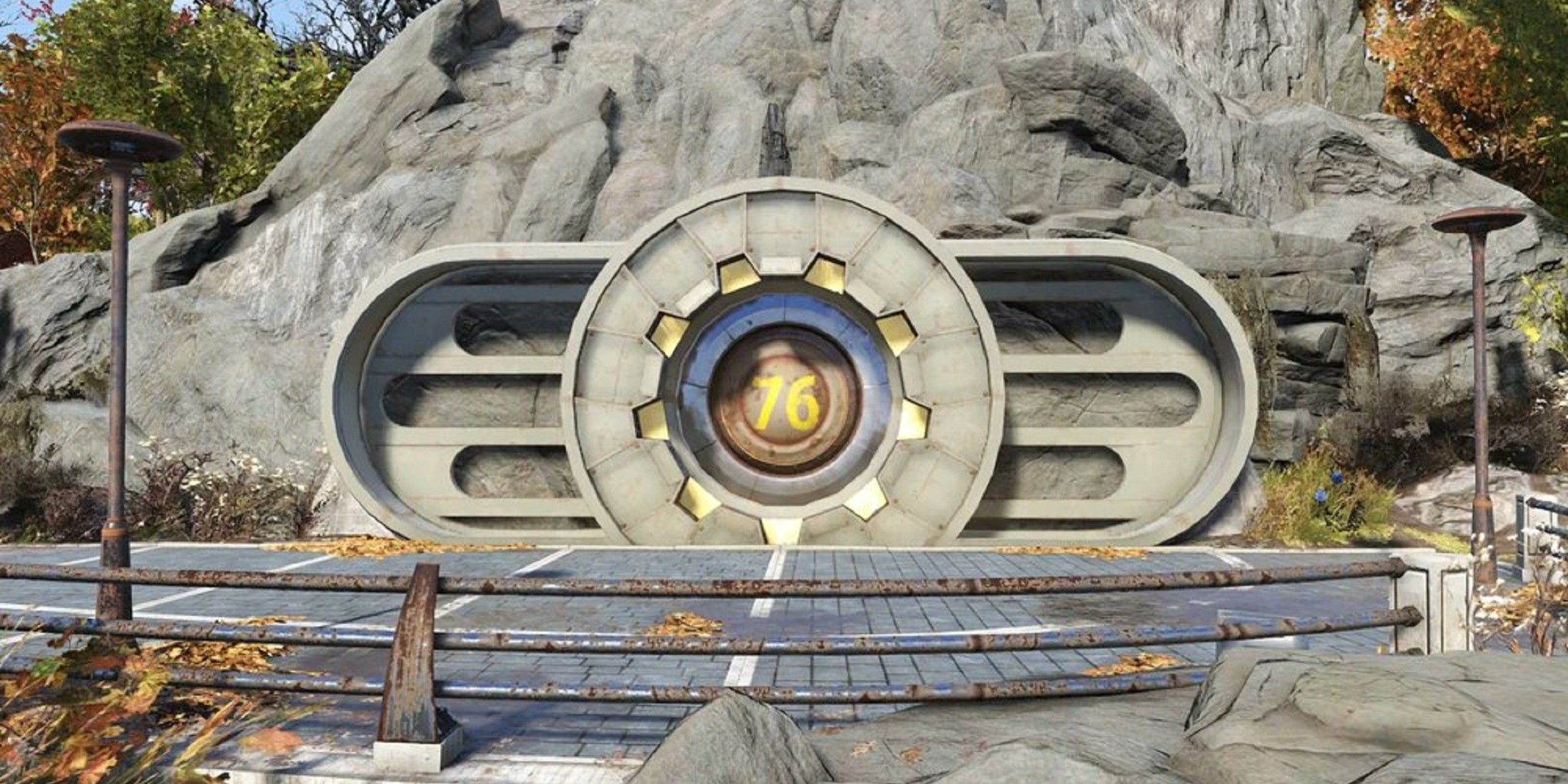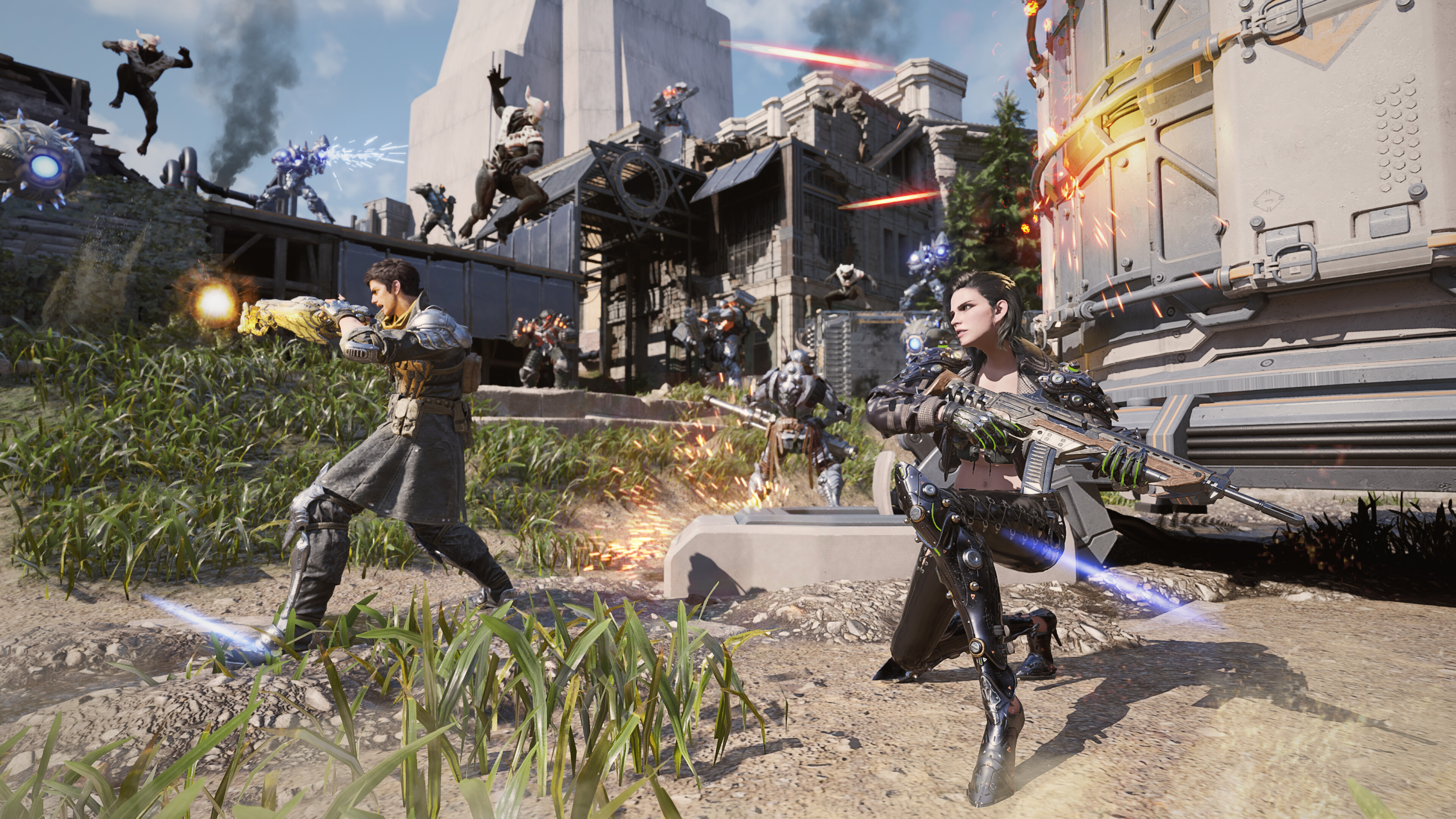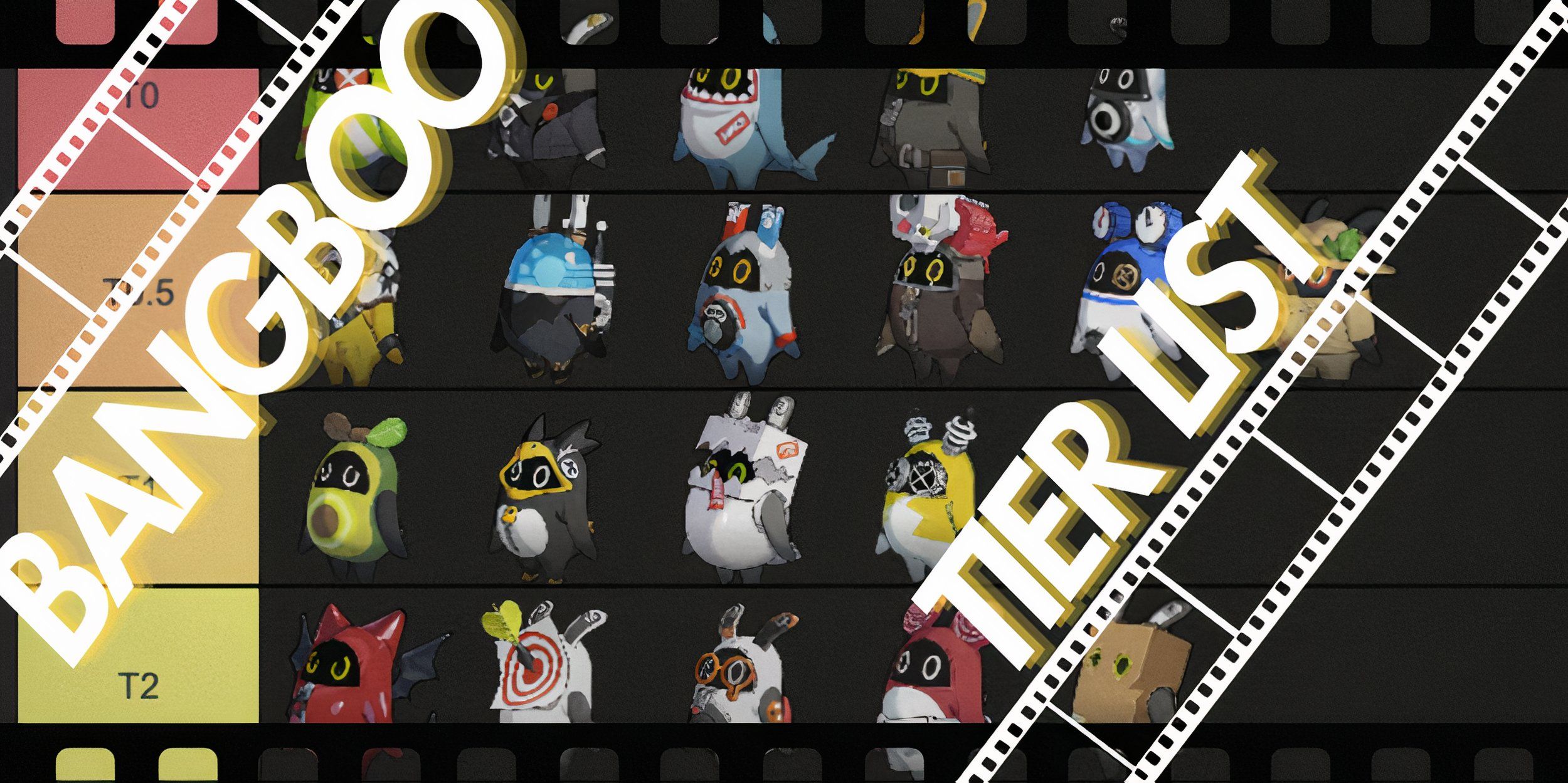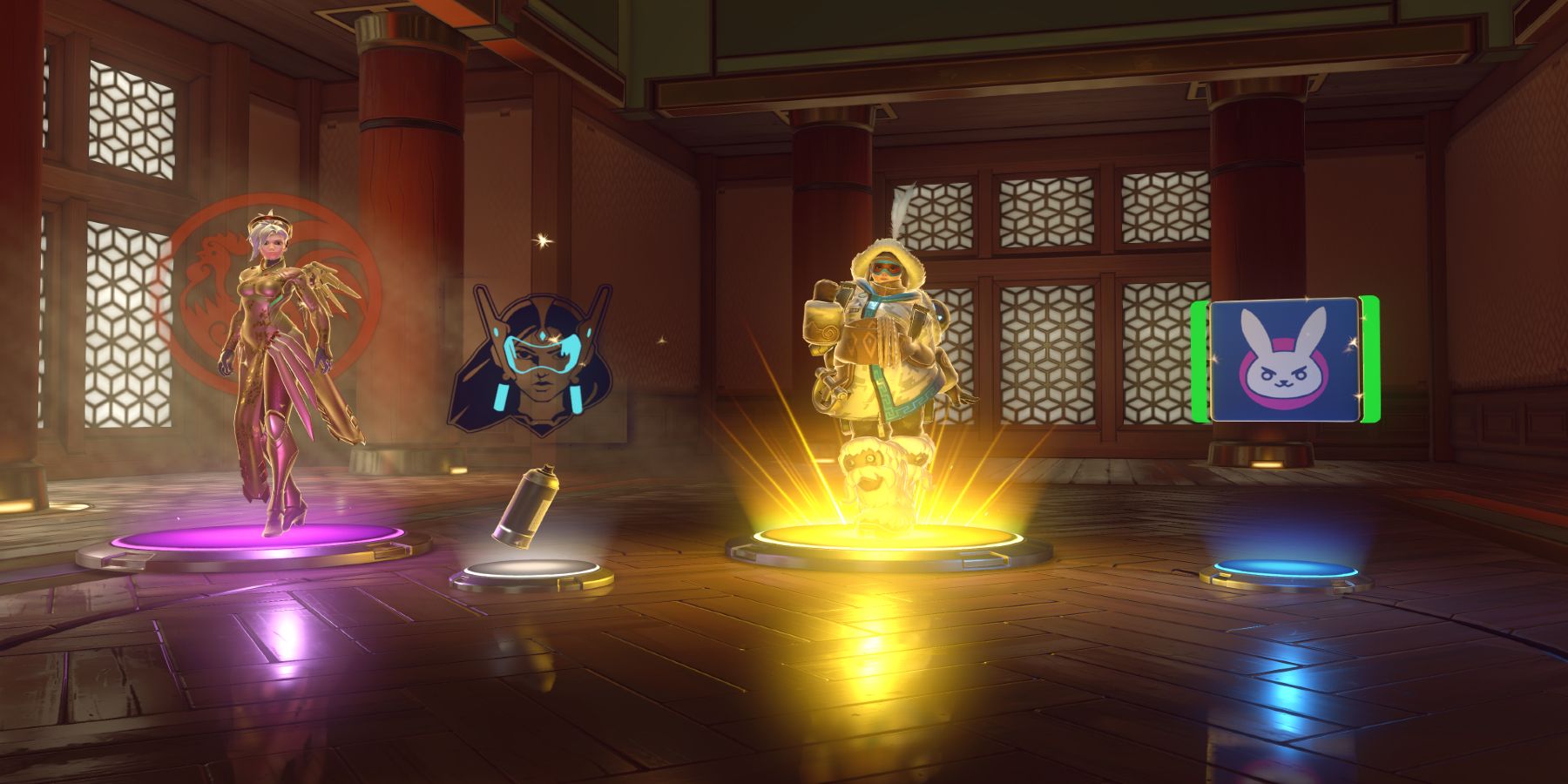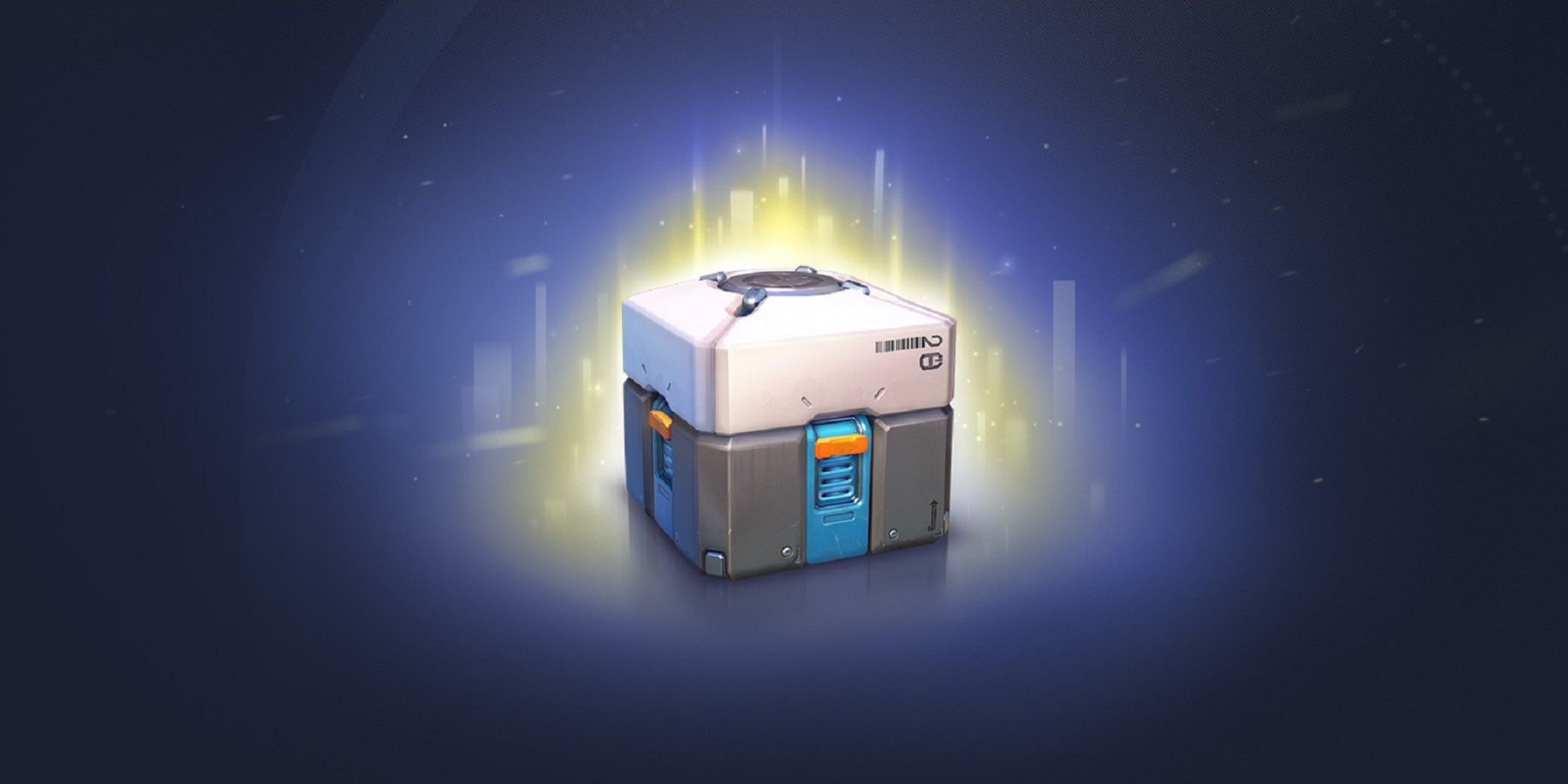In the five years since Overwatch came out and subsequently shook up the gaming industry, many things have changed. It launched and perfected the new genre of the hero shooter and continued to receive developer support for many years, adding new heroes, maps, and cosmetics. All of this has aged pretty well and should still be the standard for games, including Overwatch 2. However, one thing that has not aged as well is the monetization scheme of loot boxes. While Overwatch is pretty tame in the contents of its many themed loot boxes, with only cosmetics available, it did start a trend of many other games implementing similar mechanics.
Video game loot boxes have been such a big development in the gaming industry that many countries across the world have taken note of their addictive and gambling nature. Some countries have even gone as far as to ban loot boxes, as there have been countless stories of young children spending their parent's money on these microtransactions without even knowing. If Overwatch 2 wants to succeed as much as its predecessor, then it needs to ditch the outdated monetization scheme for something more modern. The solution for this is for Overwatch 2 to implement a battle pass system as many other games such as Call of Duty and Fortnite have.
Battle Pass in Overwatch 2
While these loot boxes predate Overwatch by a number of years, the game did popularize the system to such a massive audience. Every couple of months, there is a seasonal Overwatch event full of new and exclusive skins, emotes, and sprays that are only around for a few weeks. This incentivizes mass purchasing of loot boxes in order for players to maximize the chance of earning that cool new outfit for their favorite hero.
Despite the slim chances of actually getting the skin players want, many still bought loot boxes by the dozen. If many countries declare loot boxes as gambling that would mean an 18+ requirement for purchase, which is undoubtedly something games like Fifa and Overwatch 2 want to avoid as they do not require that age to buy them. Therefore, companies like EA and Activision-Blizzard are incentivized to change their monetization practices in order to continue to reach the largest audience possible.
The battle pass system, by comparison, allows for games to still monetize their game every few months with a whole host of cosmetic items. It also eliminates any sense of gambling associated with loot boxes, as everything that can be earned by players is apparent and viewable right away. Typically, games have a free track of rewards and a paid one, with the latter having even more cosmetic items. This distinction allows for that same feeling of exclusivity players get when sporting a brand new legendary skin for Tracer, for example. Furthermore, there seems to be a general feeling of disinterest with current loot boxes, as many gamers simply seem to prefer battle passes as it rewards players for spending time with the game where loot boxes do not.
The highly anticipated Overwatch 2 has already had a pretty rocky public development cycle, with several leadership positions vacated as figures like game director Jeff Kaplan have left Activision-Blizzard altogether. This is well before the sexual assault lawsuit against Activision-Blizzard, which included an employee whose name was given to an Overwatch hero. Monetization may be the last thing on developers' and fans' minds currently, but it is certainly worth thinking about. The loot box system has become outdated in the past few years, while battle passes seem to always increase revenue as well. Overwatch 2 has the chance to define and perfect the battle pass as it did with loot boxes, and hopefull that will actually happen.
Overwatch 2 is currently in development.

